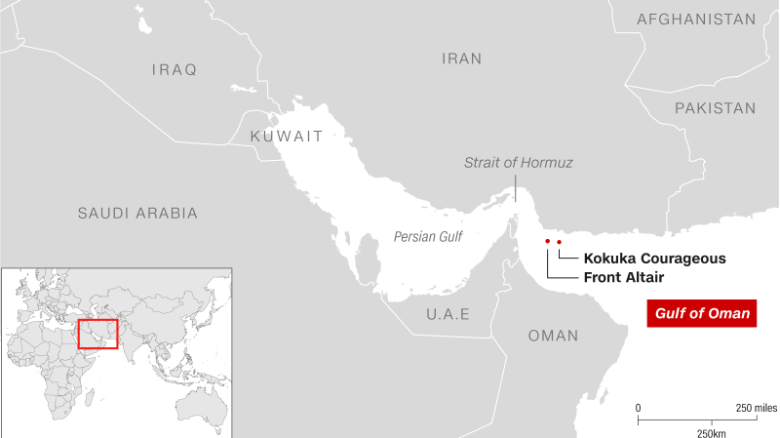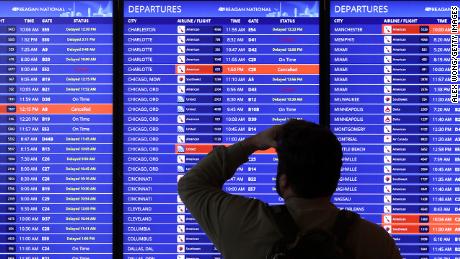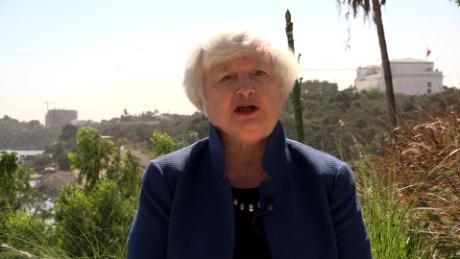New York (CNN Business)There is no place in the world more important for the global supply of oil than the Strait of Hormuz.
The channel, which is only 21 miles wide at its narrowest point, is the only way to move oil from the Persian Gulf to the world's oceans. And that's why the attack early Thursday on two ships ŌĆö one carrying oil and the other transporting a cargo of chemicals ŌĆö in the nearby Gulf of Oman is such a concern.
If the Strait were to be closed because of the threat of ongoing attacks, it would be a massive blow to the world's economy. Oil prices, which had been falling recently, jumped 4% on news of Thursday's attack.
The Strait of Hormuz, which links the Gulf of Oman and the Persian Gulf, "is the world's most important choke point," said the US Energy Information Administration.
The Strait is even narrower than its 21-mile width suggests. The shipping channels that can handle massive supertankers are only two miles wide heading in and out of the Gulf, forcing ships to pass through Iranian and Omani territorial waters.
And the amount of oil that passes through the channel is staggering, with roughly 80% of the crude it handles destined for markets in Asia. The world's global economy could not function without that supply of oil lubricating it.
About 22.5 million barrels of oil a day passed through the Strait of Hormuz on average since the start of 2018, according to Vortexa, an energy analytics firm. That's roughly 24% of daily global oil production, and nearly 30% of oil moving over the world's oceans.
To put that in context, the amount of oil passing through the Strait of Hormuz is roughly double the entire oil production of the United States -- even accounting for the recent boom in US output that resulted in it becoming the world's largest oil producer.




















